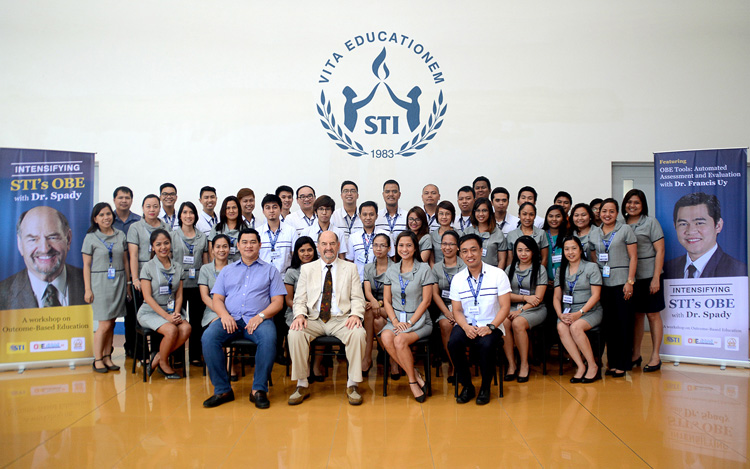

Understanding More of OBE
Just like our country’s educational system, we have also been shifting our approach in education to make sure that our students and graduates will be well-equipped and prepared for the real world. Now more learner-centered and modernized, we are proud to say that our institution is an implementer of the Outcome-Based Education (OBE).
Who better to help us strengthen our OBE implementation other than the Father of OBE himself, Dr. William Spady, and Dr. Francis Uy, a known pioneer of OBE in the Philippines? The two notable names have joined our research heads, courseware developers, and members of the Academic Services Group for a workshop on November 2, 2016 at the STI Academic Center Ortigas-Cainta.
Since 2010, we have been gradually changing the way we educate our students from the traditional approach to the Outcome-Based Education. At the heart of this change is our commitment to provide innovative and relevant real life education that develops competent and responsible members of society.
As an academic institution, we recognize the significance of seeking new ways of designing our curriculum that will improve the educational system of the country and prepare students in the challenges of the 21st century.
An education that focuses on success for all learners
The presence of OBE has been around the Philippines since the 1980s, but it wasn’t until the release of the CHED Memorandum Order No. 46 in 2012 that it was formally institutionalized in the country.
Well, to me, OBE is a success for all philosophy. It is a philosophy that is committed to maximizing the learning success of students as much as an institution can make possible.
Responsive to the demands of the 21st century, the educational theory puts the learners and the desired competencies or outcomes first. Instead of relying on numbers or rankings to see how much students have learned, OBE gives opportunities for the student to demonstrate and apply their learnings to practice.
"When schools and their teachers conscientiously apply these principles, we see many kinds of dramatic improvements in both teaching processes and the students’ learning," Dr. William Spady pointed out.
What kind of human beings do we want in the world?
For STI, we want to develop individuals who will be contributors to society and ready for any challenges they will face in the real world. That’s why we aim to reinforce the students’ 4Cs when designing our learning materials. It is created so that an STI graduate will be a person of Character who utilizes their Critical Thinking and Communication skills, and is flexible enough to be Change-adept.
The workshop on OBE with Dr. Spady became an enriching experience for our academic researchers as well. When asked about the parts that struck them the most during the event, our academic researchers for senior high school had these to say:
Dr. Spady said that ‘Knowledge is not measured by numbers.’ I believe that we should teach the students and guide them with their potential and help them grow. The conference enlightened us that we should support the students in gaining self-confidence in doing whatever they want to do.
Dr. Spady also encouraged our educators to be future-focused, which is to inspire the students to think on their own and base their knowledge on what they want to pursue rather than what the book has taught them. He concluded the training commending the participants’ proactive attitude in seeking new ways for their students to learn.
Here in STI we help the students achieve their full potential. I learned that our 4Cs and our way of nurturing our students help them acquire necessary skills to achieve their goals. We let them explore and discover, and we allow them to move out of their comfort zones and boxes.
To cap off his STI experience, Dr. Spady shared that “What brought me here was the institutional commitment to do OBE and really learn what it is. Because it is not conventional stuff. It takes a lot of work. The fact that an institution of this size and this importance wants to continue to expand their vision and get better. That impresses me and that’s what I wanted to see. That’s why I was eager to be here.”
As a known figure in the field of education, Dr. William Spady has been preaching OBE to educators in the country since 2015, speaking to conferences in different parts of the nation. He and Dr. Francis Uy are currently going around the country to enlighten educators about OBE. This event was made possible in collaboration with the Spady and Uy Center for Transformational Learning and Leadership and Danda Buhain, VP of the Rex Group of Companies. We are grateful and honored to have you share your insights and wisdom with us, Dr. Spady and Dr. Uy.
Related Articles












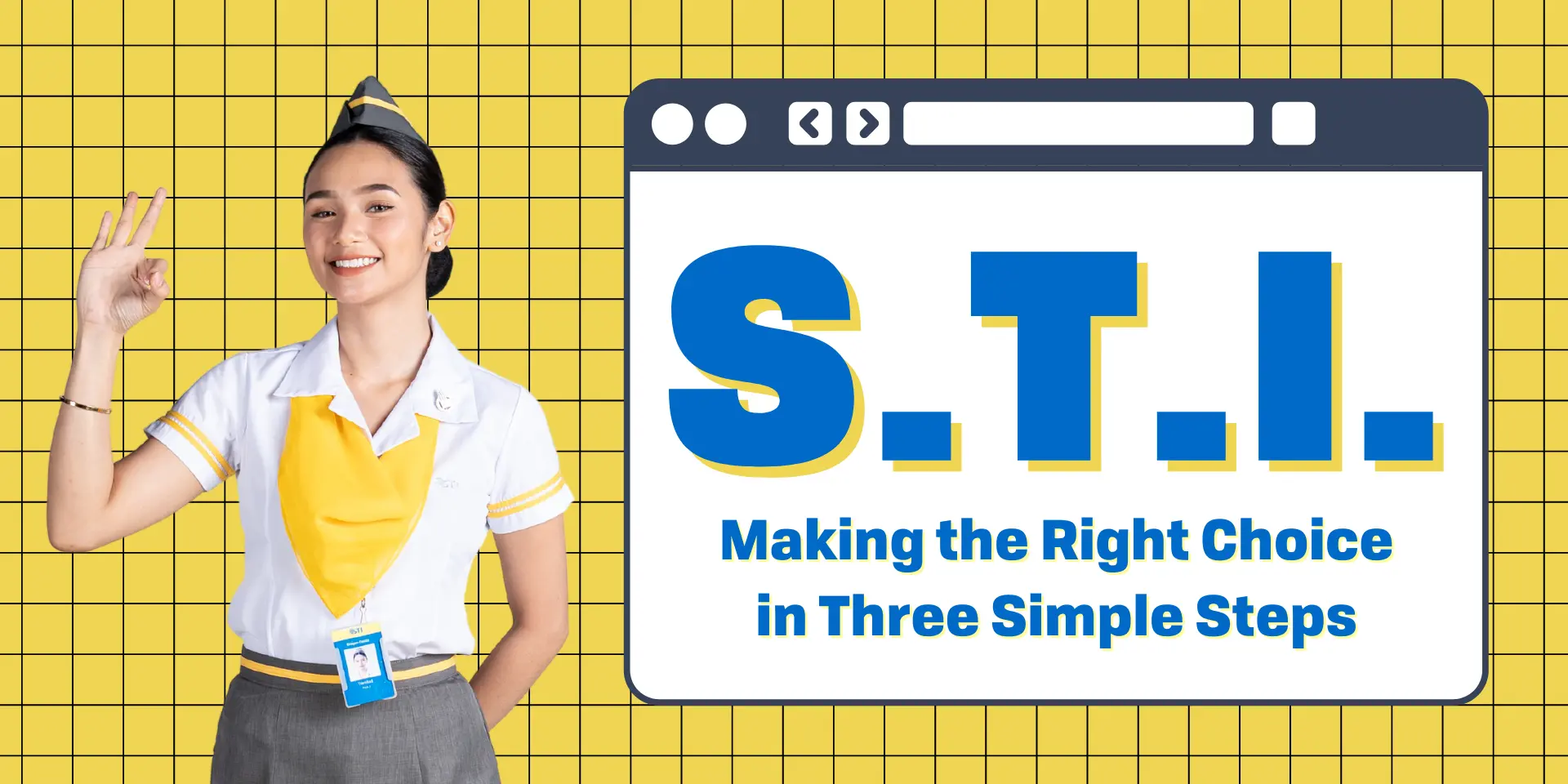
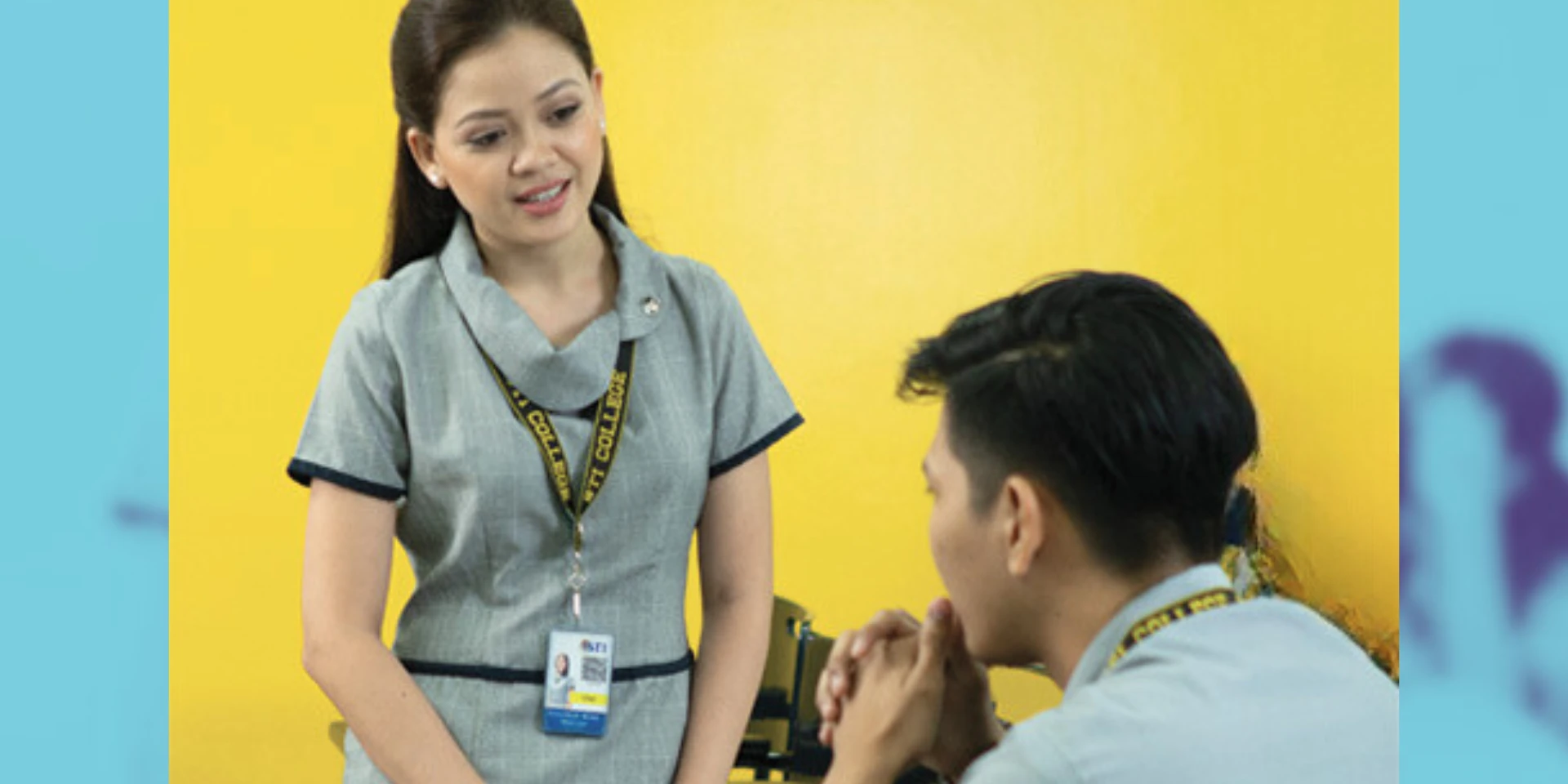
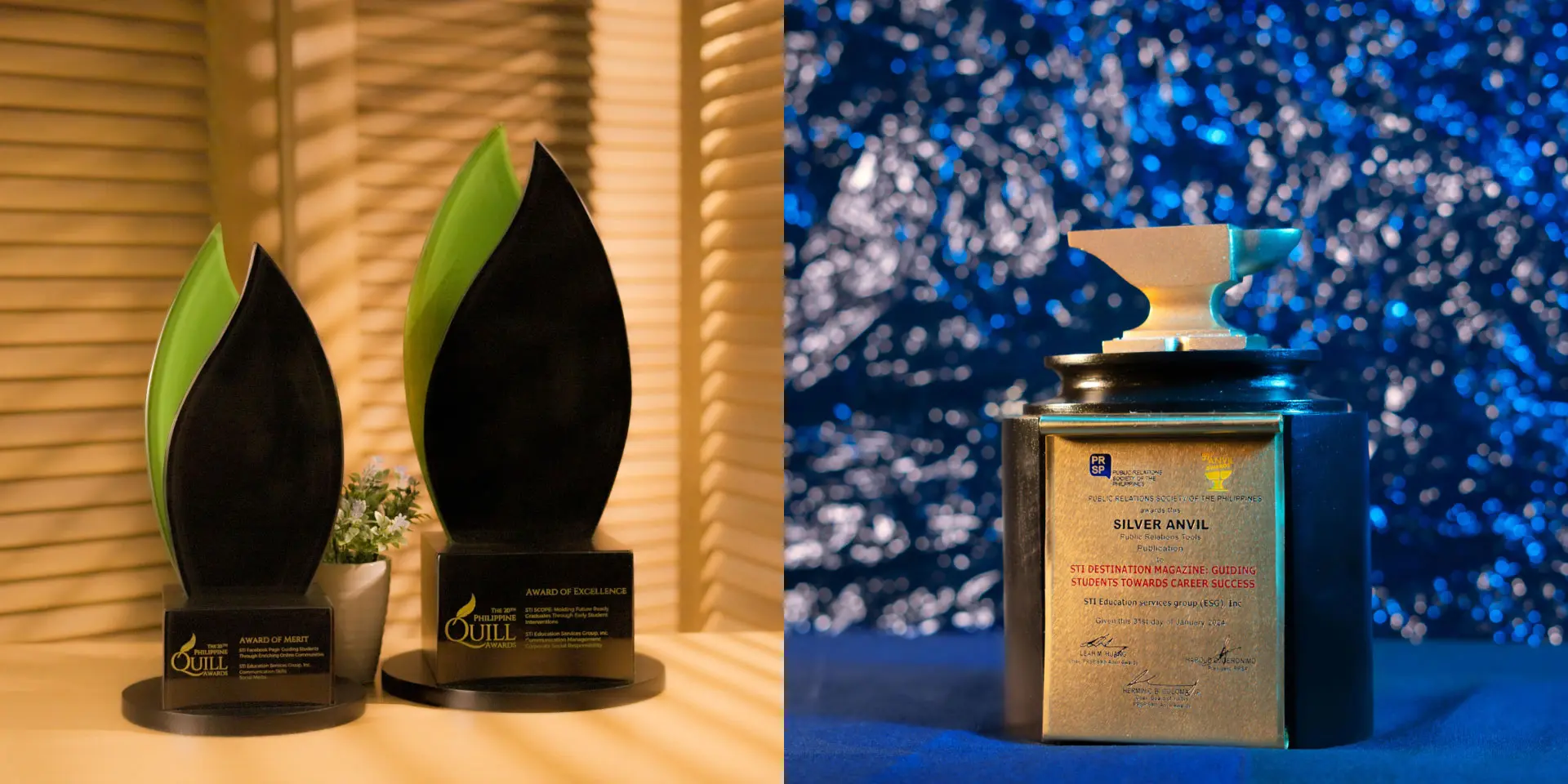


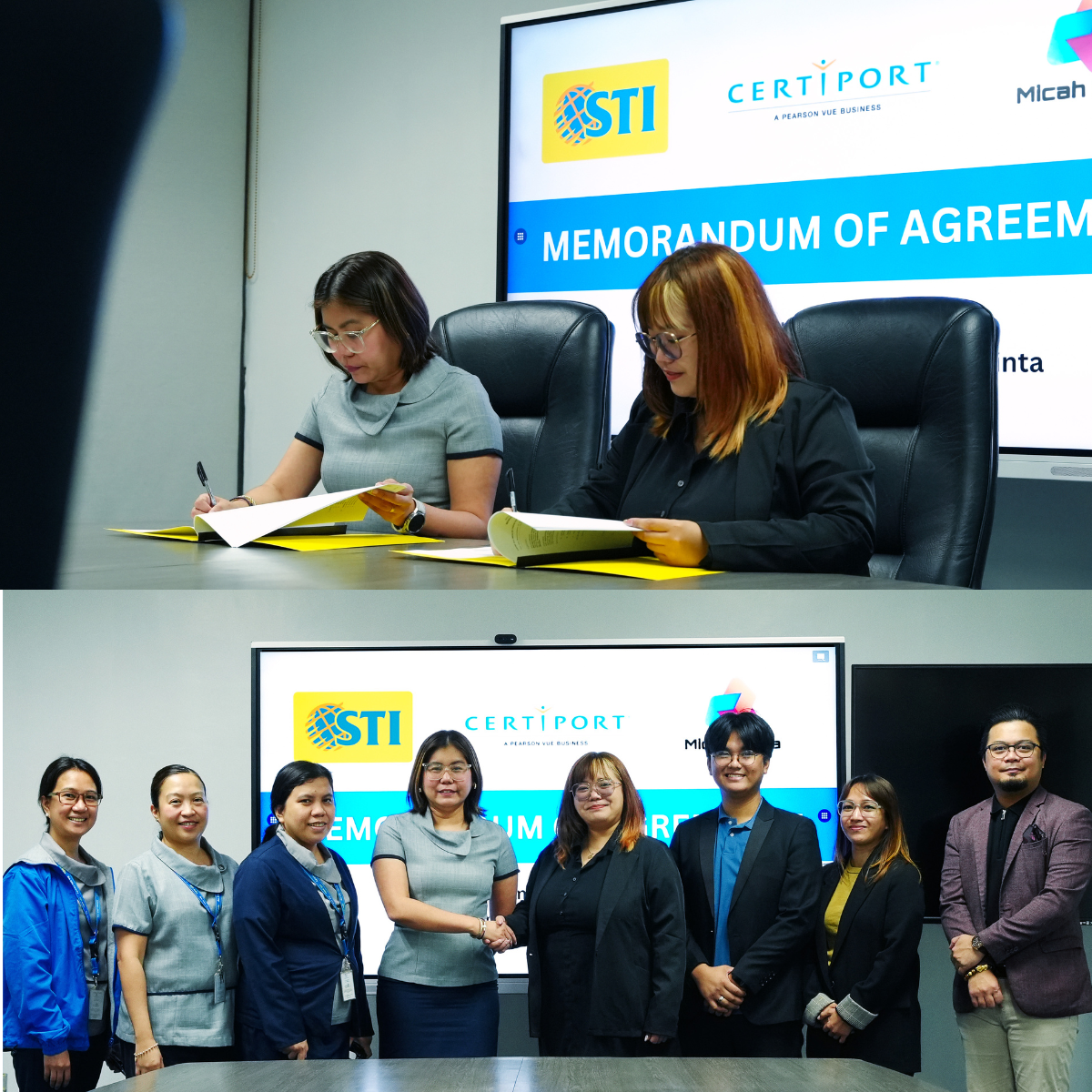

.jpeg)